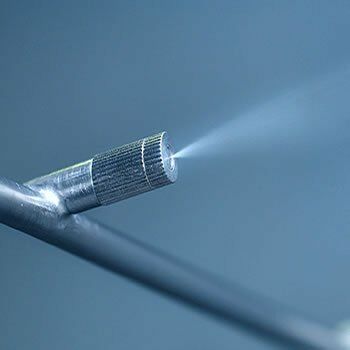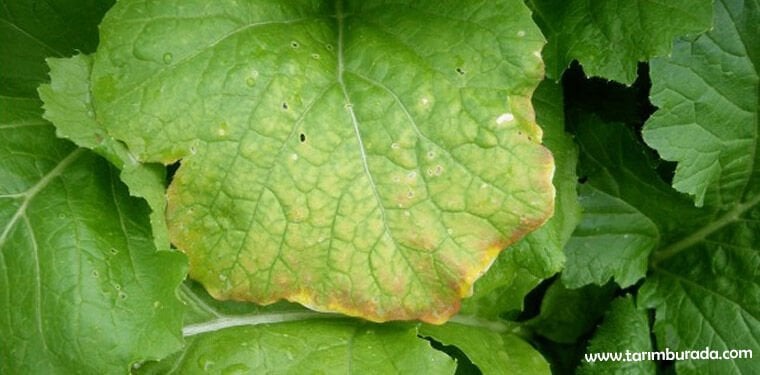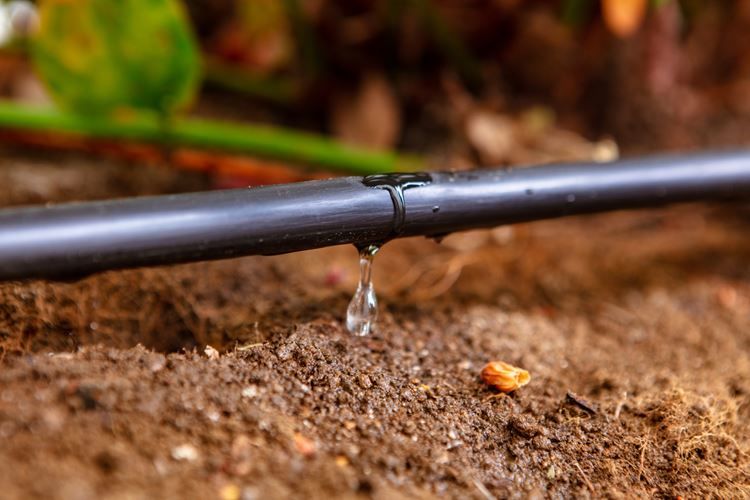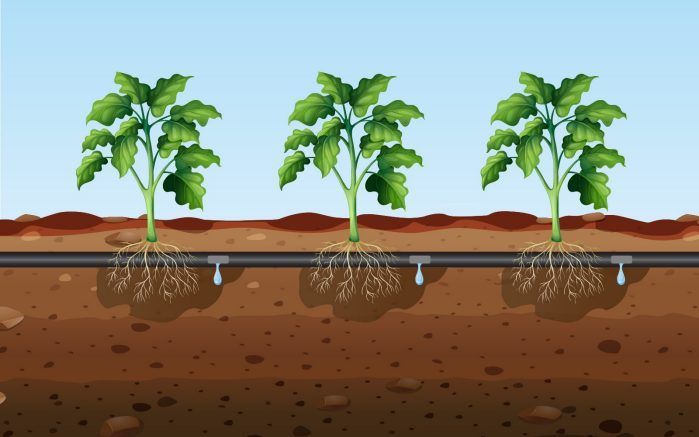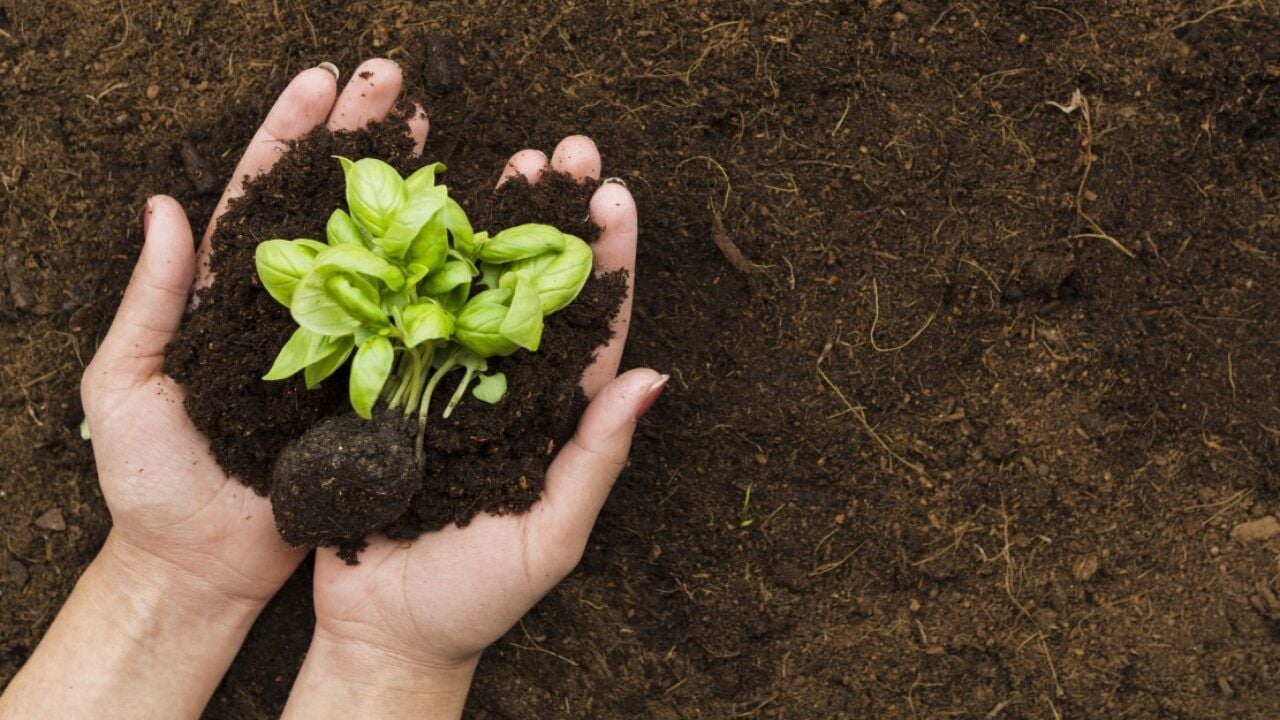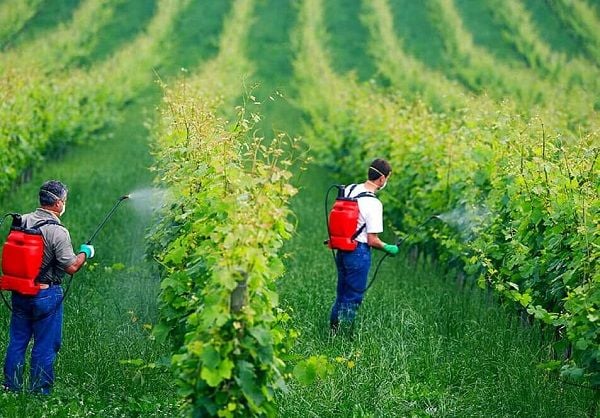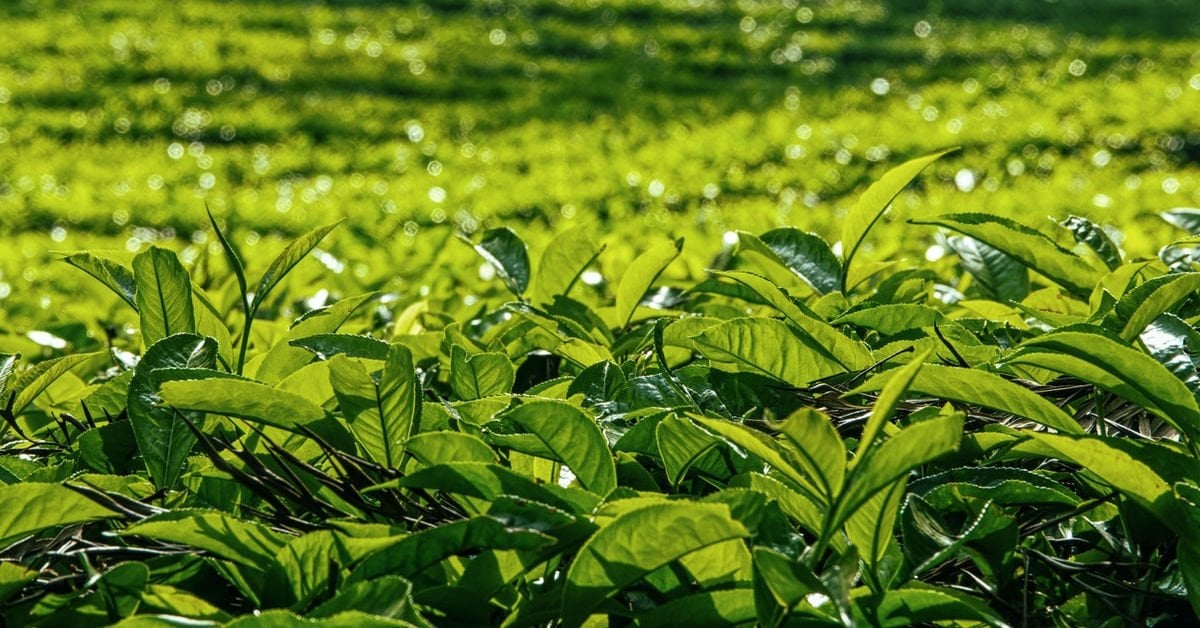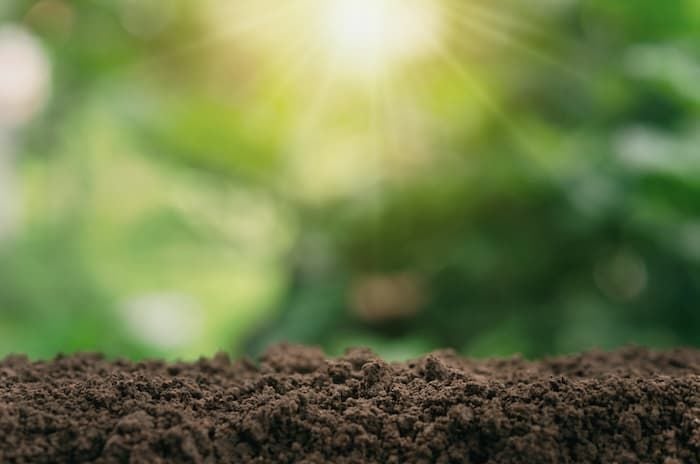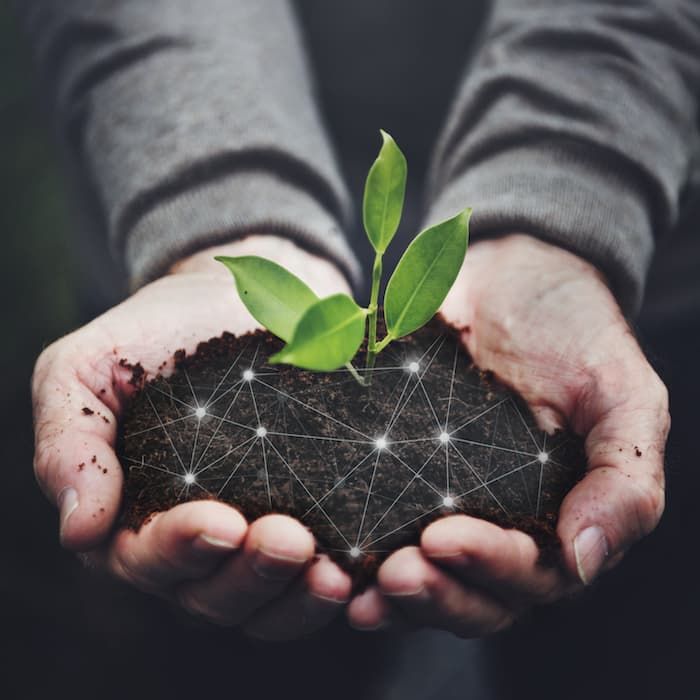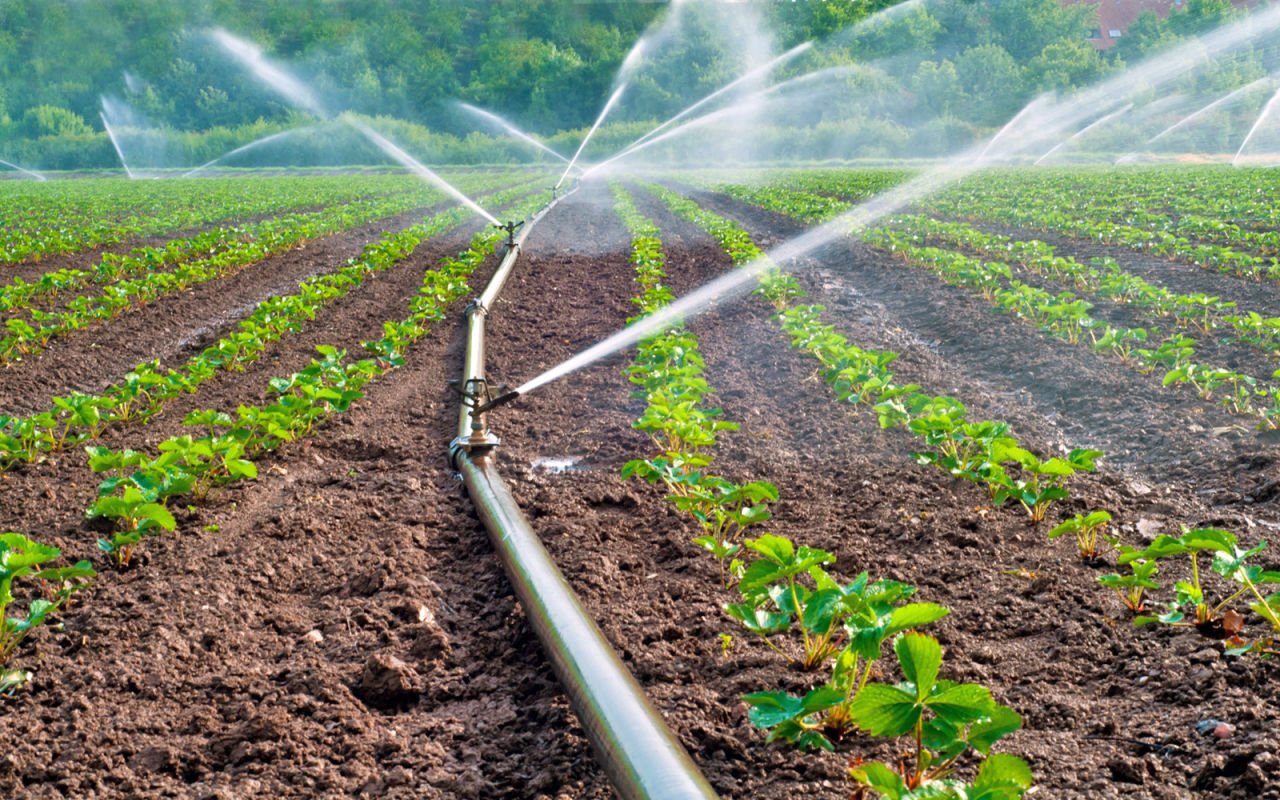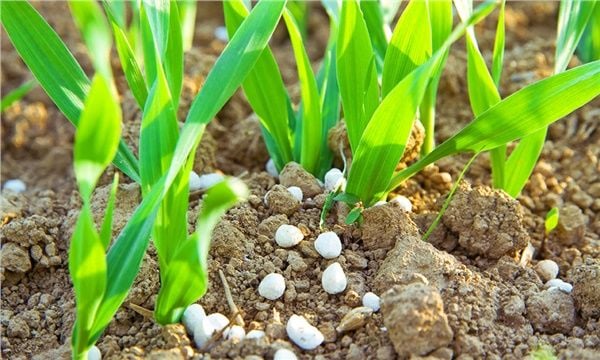All Blogs
Greenhouse Air Conditioning Systems
The most important system element that sprays water in the form of mist in cooling systems or humidification systems is the spray tips called nozzles.
The Importance of Potassium Use in Plants
It helps prevent calyx cracks in ornamental plants. It is a very important element in quality criteria such as color, smell, taste and storage of fruits and ornamental plants.
Sulfur Deficiency in Plants and Fertilization Method
Since sulfur is washed away with rainfall, sulfur fertilization is more important in rainy regions. Sulfur-containing fertilizers such as gypsum, ammonium sulfate, potassium sulfate etc. can be used.
What is Drip Irrigation?
Drip irrigation is the most efficient water and nutrient delivery system for growing plants. It delivers water and nutrients directly and at the right time to the root zone of the plant.
Is drip irrigation an expensive system?
Farmers looking to invest in a drip irrigation system must calculate their return on investment (ROI) against alternative irrigation methods.
How efficient is drip irrigation?
It is known as the most efficient irrigation methods with its water usage efficiency.
Kiwi Fertilization Recommendation
Application of boron, manganese, zinc, amino acid, calcium and magnesium to the leaves before flowering is important for a solid flower set and increased yield.
Effect of Zinc (Zn) on Corn and Wheat
Zinc deficiency is more common, especially since narrow-leaved plants are sensitive.
The Importance of Molybdenum in Plants
Plants can absorb Molybdenum from soil and leaves as Molybdate ion (Mo-2). Deficiency is seen in soils with pH lower than 5.5.
The Importance of Copper in Plants
When the copper content falls below normal, generative development in plants is more affected. Deformation, discoloration, lack of flowers, failure to form or flower abscission may be observed in the flowers.
The Importance of Zinc in Plants
Our country's soils generally have high pH and lime content.
The Importance of Manganese in Plants
The factor that most affects manganese uptake is soil pH. Manganese intake is affected 100 times by a one-unit change in pH.
The Importance of Iron in Plants
It is one of the most deficient elements in our country's soil. However, its deficiency is not due to its scarcity in the soil, but due to its high pH and high lime content.
The Importance of Boron in Plants
Boron deficiency causes diseases such as core rot in sugar beets, brown sap in radishes, brown spots in potatoes, crown disease in tobacco, and fungal core disease in apples.
The Importance of Sulfur in Plants
What distinguishes nitrogen deficiency from sulfur deficiency is that sulfur deficiency, unlike nitrogen, is seen in young leaves.
The Importance of Magnesium in Plants
Magnesium is mobile in plants. Therefore, it accumulates most in the growth tips of plants and especially in young leaves. It is transported to the seed from these regions during seed formation.
The Importance of Calcium in Plants
Calcium is effective in the development of the tip points of newly developing cell tissues and the normal formation of roots and flowers. Calcium is found within the cell wall. It is the building block of the cell wall.
The Importance of Potassium in Plants
Potassium does not enter the plant structure much like nitrogen and phosphorus. It mostly makes itself felt in some vital events of the plant.
The Importance of Phosphorus in Plants
Phosphorus deficiency causes most of the plant's generative damage. Phosphorus deficiency manifests itself primarily in old leaves (mobile).
The Importance of Nitrogen in Plants
Among the nutrients, nitrogen deficiency makes itself felt most quickly. Therefore, nitrogen is the most important plant nutrient and is the most used in fertilization.

